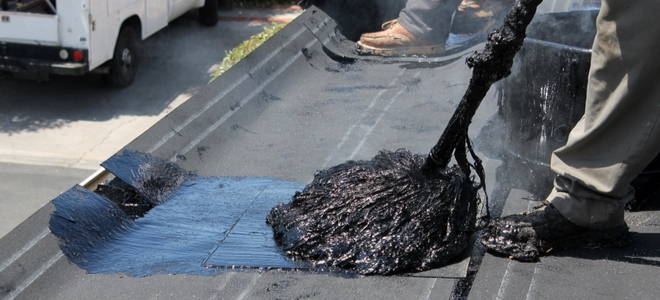Pros and cons of using roofing tar.
Is roof tar flammable.
The ignition temperature is 365 c.
These shingles are also not readily flammable will not readily contribute to the spread of fire and are relatively effective against moderate fire exposure.
Airborne pitch dust may form explosive mixtures with air.
An unanticipated consequence of single ply construction requires workers to handle highly flammable solvents and adhesives to secure roofing materials membrane in place.
Historically the use of chemical products by roofing workers had been fairly limited to propane hot asphaltic tar or rubber and light gravel.
If you re burned by tar never attempt to remove it as it tends to solidify and will only make the wound worse.
Roofing tar is conventional asphalt or bitumen and is used as a waterproofing or sealing coating on flat roofs.
This means that you should have cold water handy in case of burns.
Explosive concentration dust is 0 035 ounces ft3.
See figure 1 historically asphaltic tar bitumen heated by propane kettles was mixed into roofing gravel as a sealing agent.
Cloud ignition temperature is 710 c 1310 f minimum.
Roofing felt can be ignited by a match flame.
Coal tar pitch at elevated temperatures may generate vapors that can form flammable explosive mixtures in the presence of air and a source of ignition.
If the roof of your home is flat roofing tar is an excellent option.
According to the nrca kirby who referred to astm e 108 and ansi ul 790 class a roof coverings are not readily flammable are effective against moderate fire exposures and do not carry or communicate i e.
Since roofing felt is a flammable material it should be protected from sparks and smoking must be strictly prohibited.
Roofing tips always hire a reputable licensed.
When stacked heat induced spontaneous combustion is readily possible with fresh roofing felt being at particular risk of spontaneous combustion.
Most roofing tar is already thinned to a consistency that makes it easy to spread but if it hasn t been thinned or the can of roofing tar has been left open for too long you ll need to thin it out before putting it on rollers and running it over the roof.
The shingles on your are flammable as well.
These days tar and gravel roofs are often replaced with rubber roofing systems which usually require new substrate and flashing systems entirely.
Today s single ply roofing involves the adhesion of an impervious roofing membrane by adhesives and solvents which are extremely flammable and some toxic.

